
6 familiar dishes that are extremely dan.ger.ous if left overnight

6 COMMON FOODS THAT BECOME DANGEROUS IF LEFT OVERNIGHT
Many people have the habit of saving leftover food for the next meal to save time and reduce waste. However, not all dishes can be safely stored and reheated. Some familiar foods, when left overnight, not only lose their nutritional value but also pose serious health risks, even leading to food poisoning.
Here are 6 common dishes you should avoid keeping overnight.
1. Boiled Vegetables
Boiled vegetables are a staple in many Vietnamese meals. However, if not stored properly, leftover vegetables can become a breeding ground for bacteria. Especially vegetables high in nitrates — such as mustard greens, water spinach, and beetroot — can turn harmful when left overnight. Bacteria can convert nitrate into nitrite, a substance known to increase cancer risk.
Reheating boiled vegetables repeatedly not only destroys essential vitamins but can also trigger chemical reactions that harm the liver and kidneys. If you must store them, place the vegetables in a sealed container in the fridge and consume them within 8 hours.
2. Boiled Eggs
Eggs are a great source of protein, but boiled eggs left overnight can become risky if not stored correctly. If the egg has been peeled or the shell is cracked, bacteria — especially Salmonella — can easily enter, causing digestive issues such as stomach pain, diarrhea, and nausea.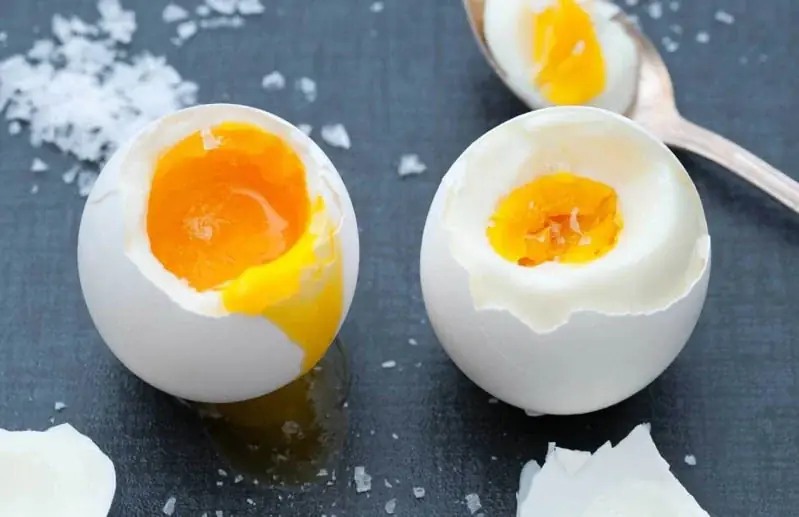
Additionally, egg yolks contain sulfur. When reheated, sulfur can combine with iron to form compounds that are hard to digest and may cause bloating or nausea.
3. Cooked Seafood
Shrimp, crab, fish, squid... are all protein-rich but highly perishable, especially after cooking. If not stored properly, the protein in seafood can break down into toxic substances like histamine, which may lead to allergic reactions, itching, nausea, or even anaphylaxis.
Seafood has a loose cellular structure, making it more vulnerable to bacterial contamination. For safety, it's best to cook only what you need and avoid keeping seafood dishes overnight.
4. Soups and Broths Containing Meat
Many assume that soups and broths are easier to store because of their liquid content. In fact, they create a perfect environment for bacterial growth if not cooled and refrigerated promptly.
Especially when containing meat, fish, tofu, or seafood, these soups can spoil within 2 hours at room temperature, even without showing obvious signs like odor or discoloration. Consuming spoiled soup can cause diarrhea, abdominal pain, or acute food poisoning.
If you must keep it, cool the soup quickly, store it in an airtight container, and refrigerate it. Avoid leaving it out in the pot and reheating it multiple times throughout the day.
5. Mushrooms
Mushrooms — particularly enoki, straw mushrooms, shiitake... — are rich in protein and fiber but also very sensitive to temperature. When reheated, some proteins in mushrooms may degrade or transform into compounds harmful to digestion and liver function.
Moreover, mushrooms easily absorb bacteria from their surroundings. Leaving cooked mushrooms out too long can lead to bacterial buildup, causing symptoms like dizziness, nausea, and diarrhea.
6. Cooked Potatoes
Potatoes are a household favorite, often found in soups, stews, or fried dishes. However, cooked potatoes stored overnight can become unsafe without any visible signs.
Due to their high starch content, potatoes left at room temperature or reheated multiple times can form acrylamide — a chemical linked to cancer in various studies. Furthermore, the texture of stored potatoes often becomes mushy, making them more susceptible to bacterial growth if not kept in sealed containers.
So how can we store food safely?
Here are some important guidelines to avoid health risks from leftover food:
-
Cool food quickly: Do not leave cooked dishes at room temperature for more than 2 hours. Once slightly cooled, store them immediately in the refrigerator.
-
Use airtight containers: Store leftovers in glass or plastic containers with tight lids to minimize exposure to air and bacteria.
-
Avoid reheating multiple times: Reheat food only once. Repeated heating destroys nutrients and promotes bacterial growth.
-
Inspect before eating: If the food smells off, feels slimy, or has changed color, discard it — even if it looks edible.
Conclusion
Being frugal is a good habit, but don’t let it jeopardize your health. Some everyday foods may seem harmless but become dangerous if kept overnight and consumed improperly. Be cautious with food storage and reheating practices to protect yourself and your family from unnecessary health risks.
News in the same category


4 Vegetables You Should Never Eat Raw — They Could Do More Harm Than Good!
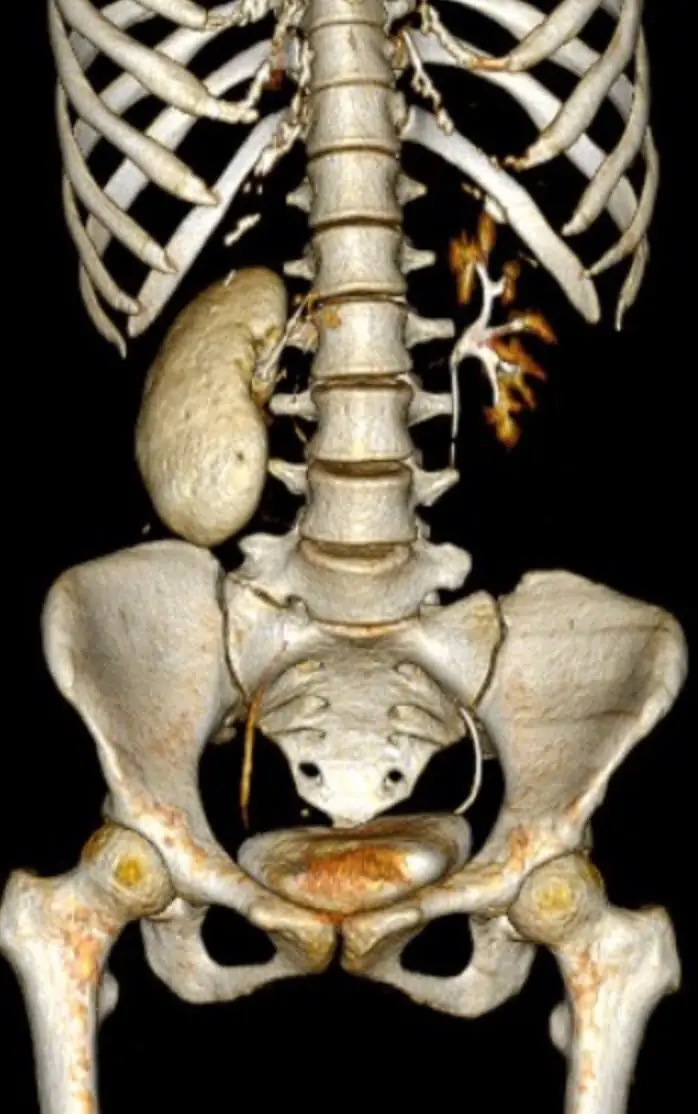
Doctor Urges 4 Actions to Protect Your Body’s "Blo.od Filter"

Can overly hot baths harm your heart and circulation?

7 signs of brain c.a.ncer that are easily confused with other diseases

4 Things to Avoid After 5 PM to Lower Your Risk of Stro.ke
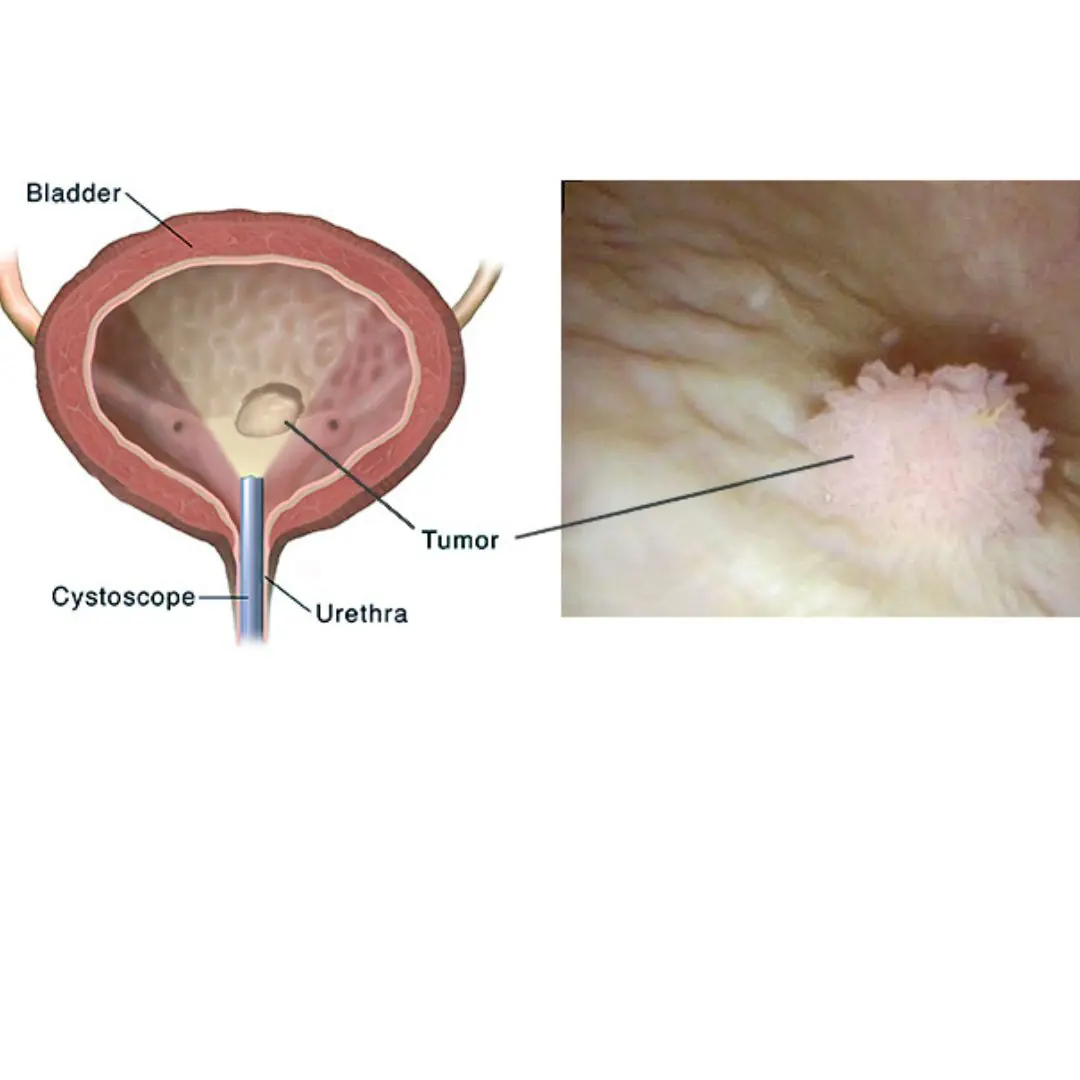
Bladder Ca.ncer: Symptoms You Shouldn’t Ignore

The Surprising Benefits of Donating Bl.o.od
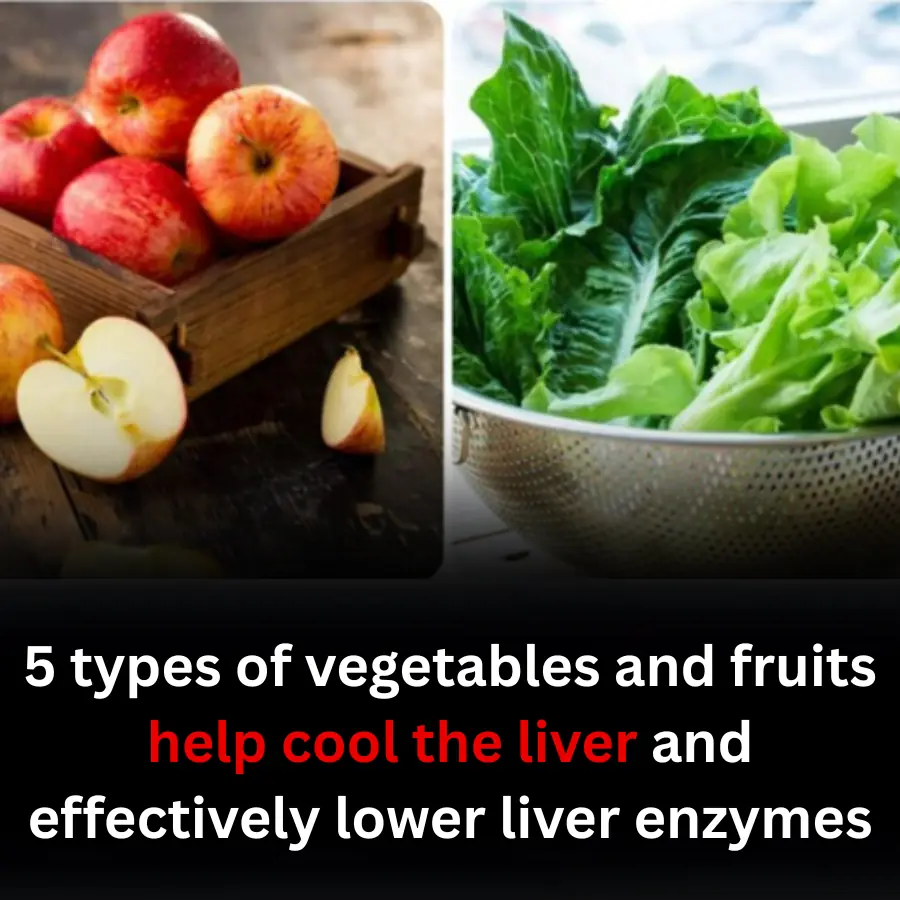
5 types of vegetables and fruits help cool the liver and effectively lower liver enzymes

Woman Sudden Kidney Failure After Meal: Doctor Says “This Vegetable Is Poisonous… You Shouldn’t Eat It”

3 Critical Mistakes You Must Never Make with a Stro.ke Victim — Regret Won’t Undo the Damage
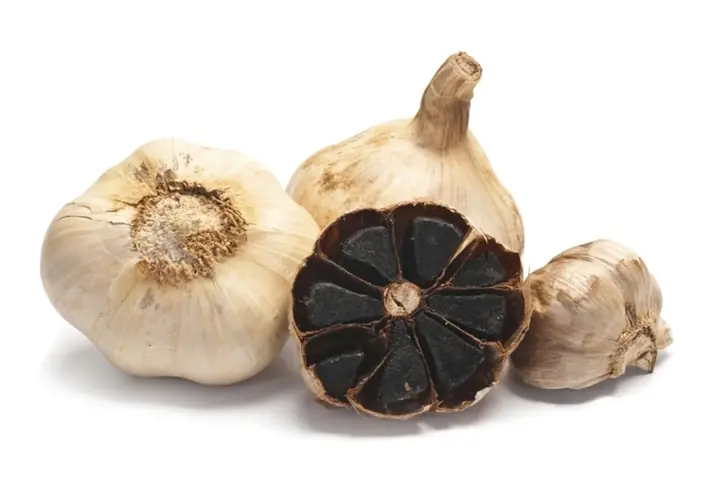
Shocking Truth: Black Garlic Isn’t for Everyone — 5 Types of People Who Should Avoid or Limit It Immediately

5 Early Warning Signs Your Body May Be Signaling Can.cer — See a Doctor Before It’s Too Late

Who should not drink soy milk? 6 things to remember

Understanding Vestibular Disorders: Causes, Symptoms, and How They're Treated

Symptoms of end stage kidney can,cer

4 best vegetables to help prevent canc.er
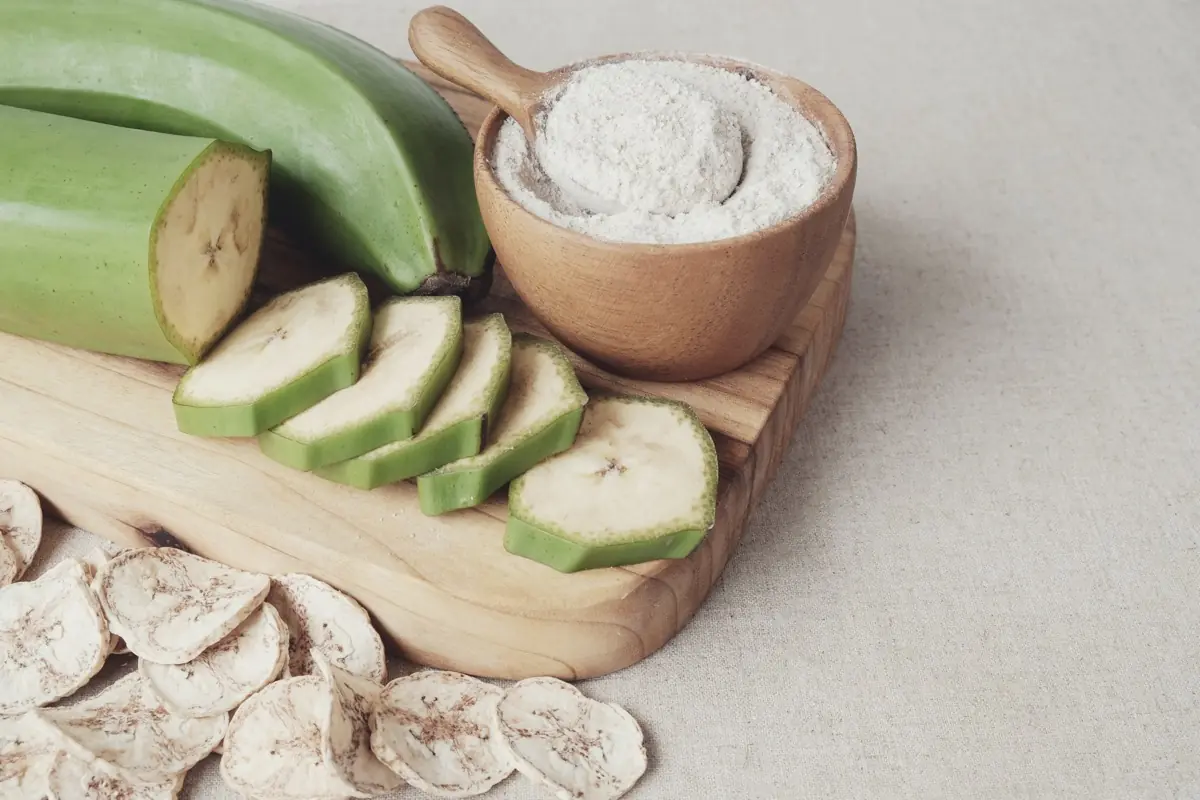
This fruit is extremely high in starch but helps reduce blood sugar and prevent 5 types of can.cer
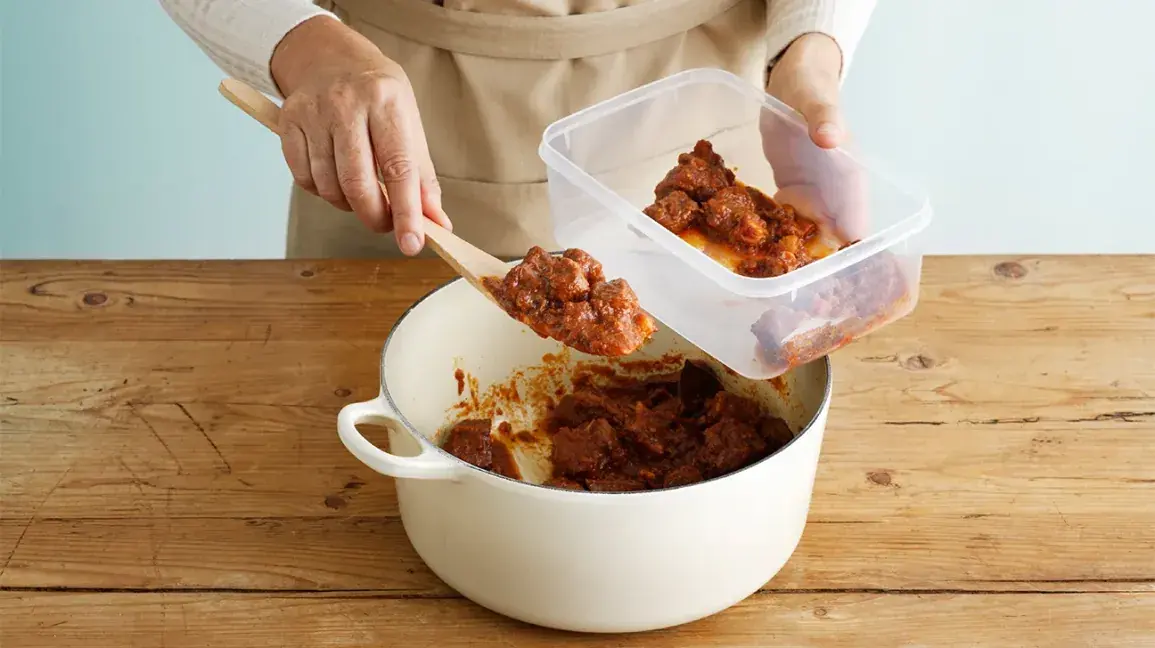
These 3 “Frugal” Habits Are Actually Selling Out Your Health
News Post

Doctor Reveals: People with These 6 Morning Habits Tend to Look Younger and Live Longer

14-Year-Old Patient Suffers Facial Paralysis Due to Common Habit During Hot Weather

How Will Your Blood Pressure Change If You Eat Bananas Every Day?
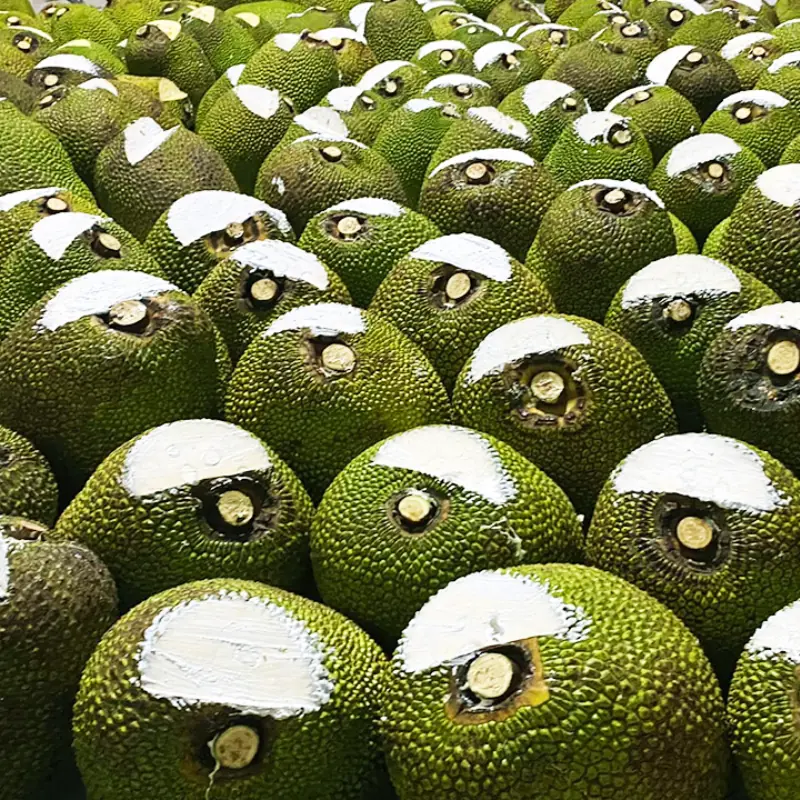
Jackfruits with White-Painted Tops

Quit Nail Biting: A Gentle But Effective Solution

Experts Warn That Some Vegetables Are a Source of Toxins and Should Not Be Eaten Raw

4 Vegetables You Should Never Eat Raw — They Could Do More Harm Than Good!
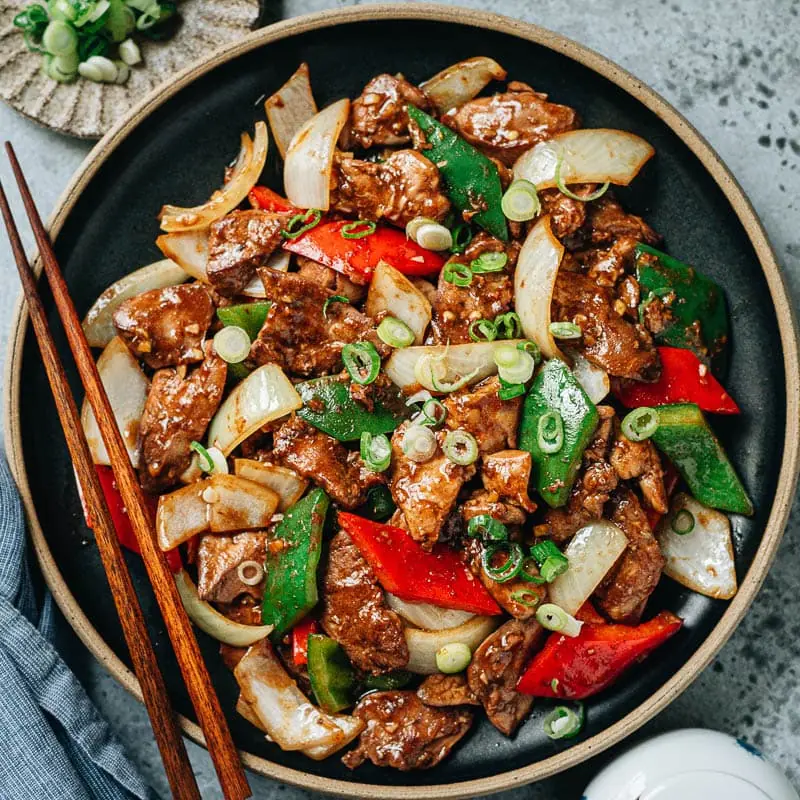
The Most Nutritious Part of the Chicken—“Pricier than Gold” Yet Often Thrown Away by Home Cooks

Doctor Urges 4 Actions to Protect Your Body’s "Blo.od Filter"
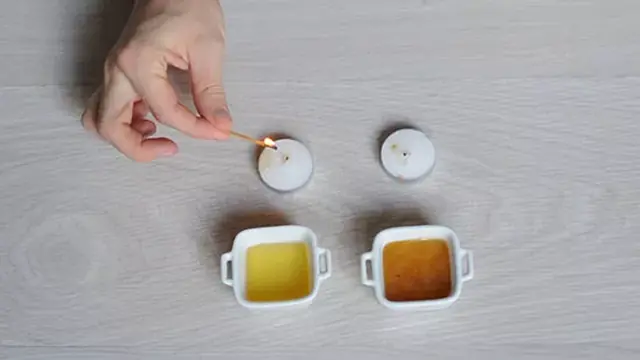
6 Smart Tips for Choosing Quality Honey Sellers Don’t Want You to Know

Can overly hot baths harm your heart and circulation?

7 signs of brain c.a.ncer that are easily confused with other diseases

4 Things to Avoid After 5 PM to Lower Your Risk of Stro.ke
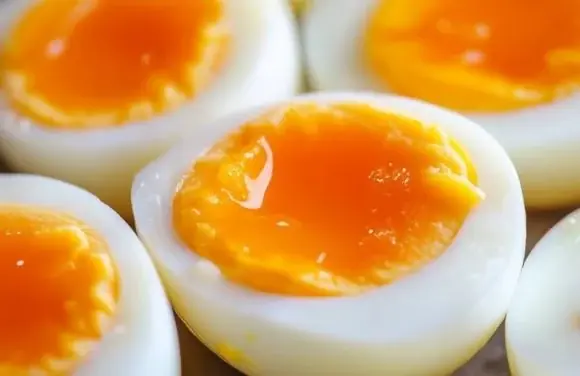
Doctors Warn: This Common Way of Eating Boiled Eggs Can Clog Your Arteries
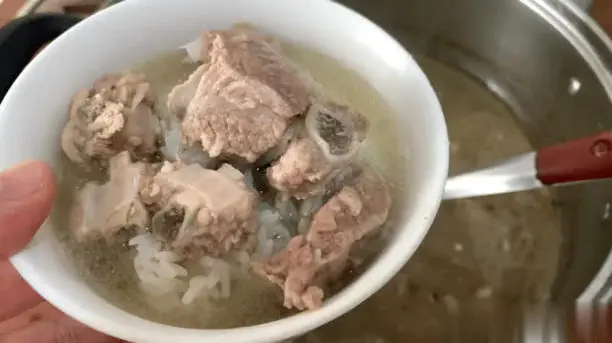
Blanch Bones First or Simmer Directly?

2 Common Vegetables That Can Harbor Parasites
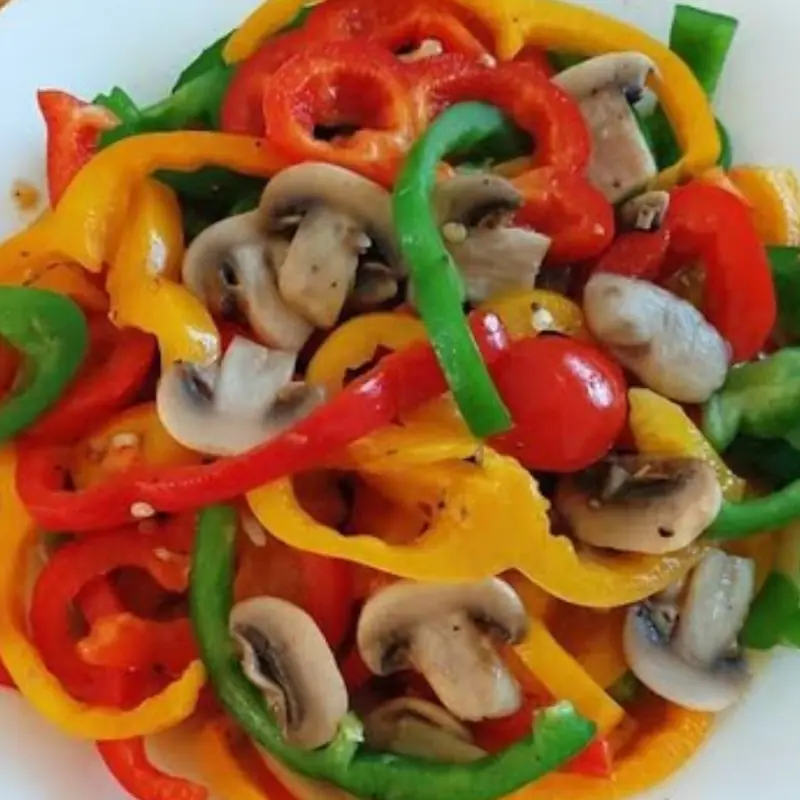
The 'Vitamin C King' of the Vegetable World

Avoid Swimming If You Spot 'Square Waves'
